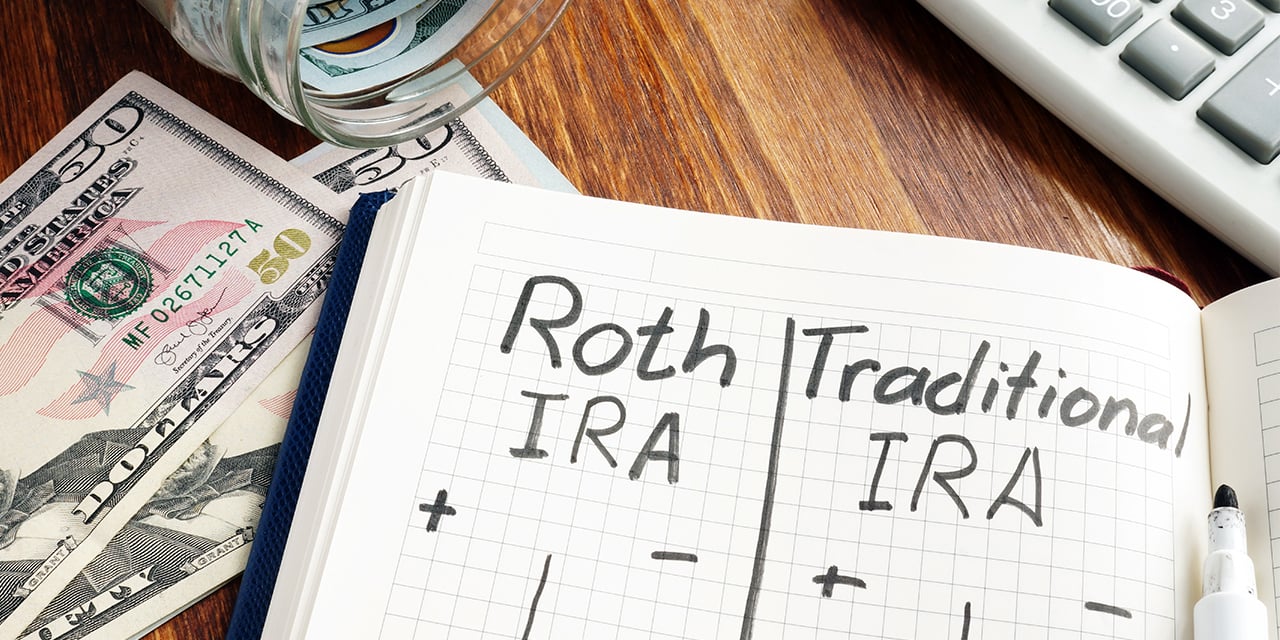
Rethinking Retirement
Many of the rules and behaviors we followed in our working lives don’t apply in retirement. Here’s how our attitude toward money might need to change in our golden years.
We’ve previously highlighted the different phases of retirement and how your lifestyle in retirement could look very different from how you live your life now. But lifestyle isn’t all that will change – you might also need to reconsider how you think about and manage your money. Whether you’re in retirement or planning for that next stage in life, here are five financial adjustments you should consider.
Saving
One of the biggest adjustments in retirement is shifting from an accumulation mentality to a distribution mentality. Many investors spend years, if not decades, saving in retirement accounts to give themselves as large a nest egg as possible. Shifting from decades of accumulation to a new period of distribution – and seeing your retirement account balances potentially decrease every month – can be jarring and anxiety-provoking.
Baird Recommends: Remember what your retirement savings are for – while it might take some getting used to, those funds exist to be (judiciously) spent down. It’s also worth remembering that even if you’re required to take distributions from certain retirement accounts, you’re not required to spend them. While traditional IRA and 401(k) retirement plans are subject to required minimum distributions, others like Roth IRAs or non-qualified annuities are not. A diversified retirement plan that lets you feed distributions into other savings or investment accounts might also make the transition to this stage of life easier.
Spending
Inextricably linked to retirement savings is retirement spending. New retirees who struggle with spending in retirement often fall in one of two groups. On one extreme are retirees who worry they will spend through their retirement savings too quickly – and they become so reticent to spend that they miss out on memories and experiences they might otherwise cherish. (This is an especially common reaction for those entering retirement in a bear market or in a period of elevated inflation.) On the other extreme are those who don’t monitor their spending enough: The Consumer Financial Protection Bureau found that nearly half of retirees did not have the ability to maintain their spending five years after retiring.
Baird Recommends: Keep a budget. As important as maintaining a budget was during your working years, it’s even more so now, when you don’t have a regular income to make up for any financial setbacks you might experience. By keeping a close eye on your spending, you can determine when you need to dial back your spending and when it’s okay to splurge.
Managing Portfolio Risk
When you’re in the wealth accumulation stage of your career, it’s not uncommon to take a set-it-and-forget-it attitude toward building your portfolio. (Especially early on, when you expect to have time to make up for any downturns in the market.) As you approach or enter retirement, though, a drop in the market is harder to recover from and can have long-lasting repercussions on your finances.
Baird Recommends: Just as with spending, there’s a balance you need to achieve when it comes to risk. Traditionally, most investors choose to become more averse to risk as they approach and enter retirement to mitigate the potential of sequence of returns risk. However, you don’t want to ease off the gas too soon: According to the National Center for Health Statistics, those who reached age 65 in 2020 will live on average another 18.5 years – and some will live for much longer. You don’t want to become so conservative with your investments as to not generate the income you’ll need for a long retirement.
As you enter retirement, consider approaching your portfolio with fresh eyes. Is your exposure to riskier or more speculative investments appropriate for your needs? Are you well-diversified? Also, keep in mind that you don’t need all your retirement savings the day you retire: You can keep the funds you need for the next few years in more conservative investments, and the money you won't need until later can stay invested in the market. This kind of strategy could give you time to recover from any potential downturn.
Creating Liquidity
The income generated in your career is more than just your means for paying for your expenses – it’s also a critical component banks look for before approving an application for a loan. If you’re retired and not generating a reliable income, banks will likely be less receptive to mortgage or auto loan applications without significant collateral. Selling stocks from your portfolio or taking a loan from retirement savings are options, but they can have significant ramifications, both on your short-term taxes and long-term financial health.
Baird Recommends: It’s never too early to build up your liquidity, especially in retirement – the longer you can keep your portfolio intact, the longer your funds can last. You can accomplish this by devoting a significant portion of your investments to cash and fixed income and maintaining a robust emergency fund. You also might consider a securities-based line of credit, a robust cash management program or other liquidity solutions. Consider applying for a line of credit before you retire – they’re easier to obtain while you still have an income stream, and you don’t have to use it if you don’t need it.
Adjusting to Unpredictability
When we’re just starting out or in the prime of our careers, our biggest financial expenses are often predictable – mortgage or car payments often have a monthly payment with a fixed rate and end date, as does student debt (be it our own or that of a child or grandchild). That predictability makes budgeting relatively straightforward. But while you’ll maintain some recurring monthly expenses after you leave the workforce, new retirees will have to consider different kinds of questions that don’t have clear-cut answers, such as:
- How long do I need my retirement savings to last?
- What will my healthcare needs be? How will I pay for them?
- Where will I live as I get older? What if I no longer feel comfortable living independently?
This unpredictability becomes doubly complex if you’re also considering a spouse’s retirement needs.
Baird Recommends: While there might not be a way to solve for these unknowns, there are planning strategies to consider that can remove some of their ambiguity. For example, many insurance products go into effect by life stage (such as a change in health or lifestyle status) than by date, and financial vehicles and programs like annuities or Social Security are designed to provide income throughout your life. Understanding these options and using them as a starting point for your own retirement decisions can help you manage retirement’s unpredictable expenses.
While changing your existing attitudes and habits toward money is often difficult, keeping your pre-retirement behaviors might significantly compromise your ability to enjoy this important part of your life. That’s why having a Baird Financial Advisor in your corner is so important – not only do they already understand you and your priorities, but they can also help you transition to this new stage successfully.
The information offered is provided to you for informational purposes only. Robert W. Baird & Co. Incorporated is not a legal or tax services provider and you are strongly encouraged to seek the advice of the appropriate professional advisors before taking any action. The information reflected on this page are Baird expert opinions today and are subject to change. The information provided here has not taken into consideration the investment goals or needs of any specific investor and investors should not make any investment decisions based solely on this information. Past performance is not a guarantee of future results. All investments have some level of risk, and investors have different time horizons, goals and risk tolerances, so speak to your Baird Financial Advisor before taking action.


